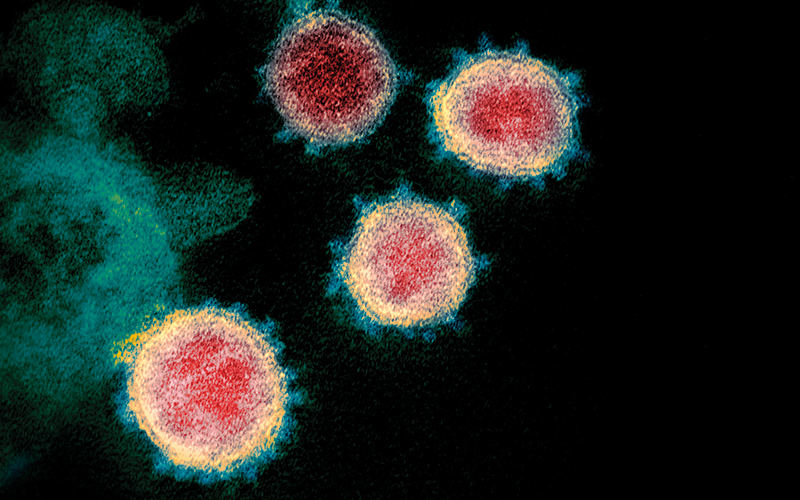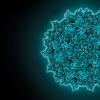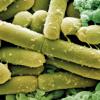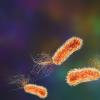Deputy Editor Guy Orchard summarises a review paper and looks at planned special issues of the British Journal of Biomedical Science.

With this latest synopsis we focus on infectious disease and more specifically a review paper by AD Blann and R Heitmar, who discuss the viral disease known as COVID-19, caused by SARS-CoV-2. This infection is now the leading cause of death by a single infectious agent worldwide.
The review examines certain components of the pandemic: its origins, early clinical observational data, global and UK-focused epidemiology, vaccination, variants, and the subsequent rise and impact of long COVID.
Click here to read the full article.
Image credit | Science-Photo-Library |Getty | Shutterstock | iStock




